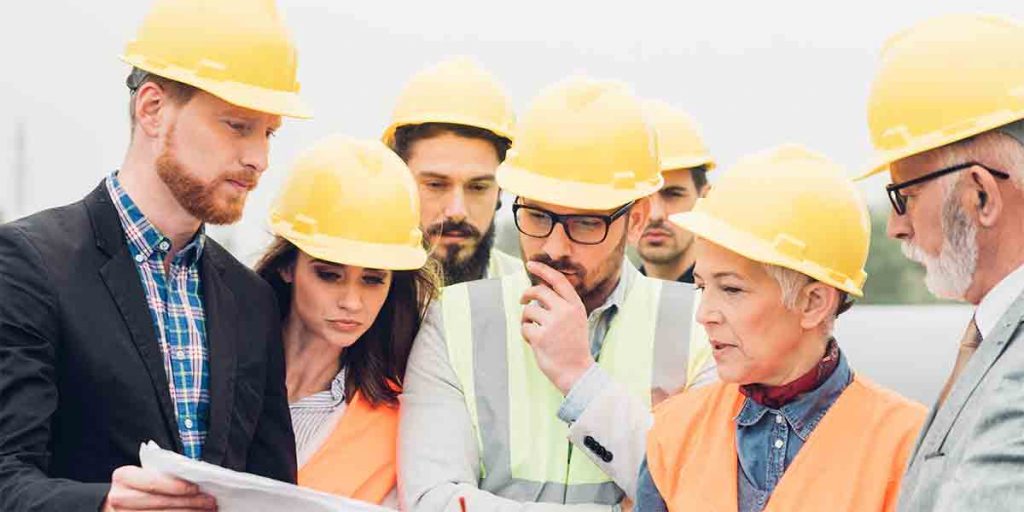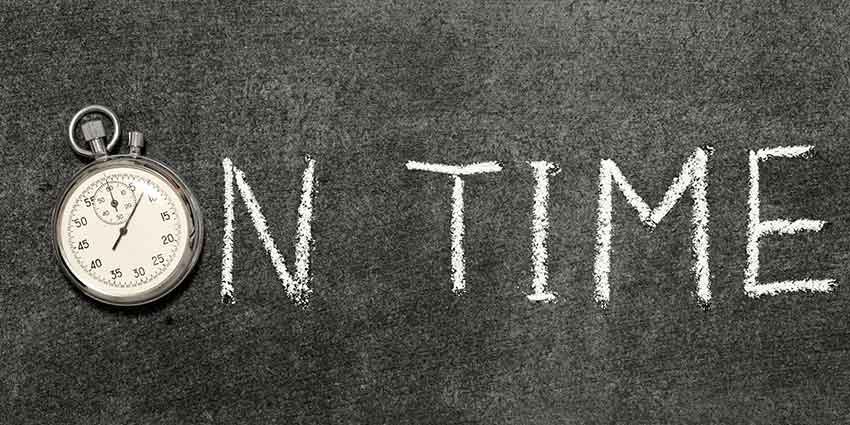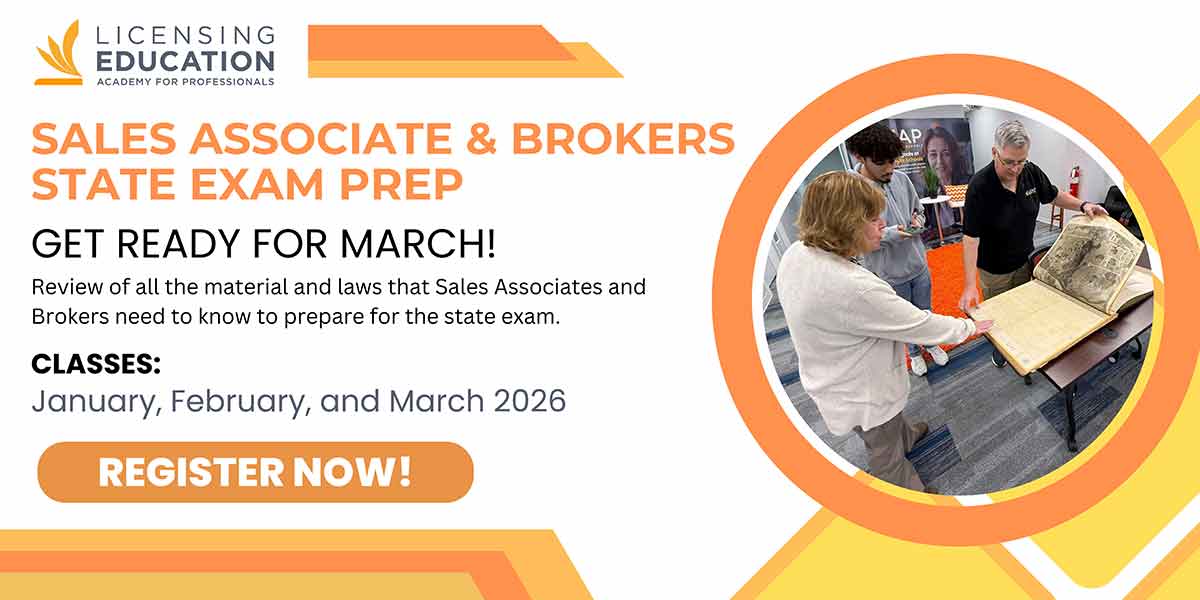Safety concerns are paramount in any profession, and home inspectors are no exception. These professionals face various risks while performing building inspections and home appraisals. As they navigate the nooks and crannies of various properties, understanding and mitigating these safety concerns is essential.
This article discusses the risks of being a home inspector in Orlando. It also explains how the LEAP Academy promotes safety and education in this industry.
Risks Home Inspectors Face
Home inspectors evaluate the condition of a home, including the foundation, roof, and everything in between. This comprehensive assessment comes with its share of dangers.
Physical Hazards
Inspectors often encounter unsafe structures, exposed wiring, and hazardous materials. Steep roofs and decaying structures increase the risk of falls. Small spaces such as crawlspaces and attics can be dangerous because of poor ventilation and exposure to harmful substances.
Biological Risks
Inspectors can come into contact with mold, lead, asbestos, and even pests like rodents or insects. These biological agents can have serious health implications if not handled properly.
Environmental Factors
Weather conditions in Orlando can be harsh with extreme heat, humidity, and the occasional hurricane. Inspectors often work in tough conditions, which can cause heat illnesses or injuries from storm debris.
Psychological Stress
Inspectors may feel stressed when assessing a home’s condition and dealing with conflicts with homeowners or real estate professionals.
Ensuring Safety During Inspections
Safety should be the top priority for every home inspector before they begin any inspection. Here are some ways to ensure a safe work environment.
Personal Protective Equipment (PPE)
Home inspectors need to wear safety gear during inspections. This gear includes hard hats, gloves, goggles, and masks. The purpose of wearing this gear is to protect themselves from injuries and dangerous chemicals.
Training and Education
Proper training is crucial. Organizations like LEAP Academy provide educational resources and training programs that focus on the safety aspects of home inspections.
Technology for Safe Inspections
New technology like drones and robots help inspectors assess difficult or dangerous areas without endangering themselves.
Pre-Inspection Assessments
Conducting a pre-inspection assessment helps identify potential hazards before the inspection begins, allowing inspectors to plan accordingly and avoid surprises.
The Role of LEAP Academy in Promoting Inspector Safety
LEAP Academy has emerged as an important resource for home inspectors, particularly in Orlando. LEAP Academy provides training for inspectors to handle job hazards, giving them the necessary knowledge and skills.
Training Programs
LEAP Academy offers programs that teach inspectors about the latest safety standards and protocols. In Orlando, knowing local building codes and environmental hazards is important for building inspection. Education on this is crucial.
Certification and Continuing Education
By providing certification programs, LEAP Academy ensures that inspectors meet industry standards. Continuing education courses keep inspectors up-to-date with the latest safety practices and inspection technologies.
Networking Opportunities
LEAP Academy organizes networking events for inspectors to exchange safety tips and experiences, creating a community of professionals focused on safety.
Orlando-Specific Risks and Precautions
Orlando’s unique environment presents specific challenges for home inspectors. Here are some risks and the precautions you should take.
Extreme Weather Conditions
Inspectors must prepare to deal with high temperatures and humidity. Staying hydrated and scheduling inspections during cooler parts of the day can help mitigate heat-related risks.
Hurricane Preparedness
Orlando is susceptible to hurricanes, and inspections in the aftermath of such events require caution. Inspectors must prepare to handle storm damage and understand the risks of electrical hazards and structural weaknesses.
Local Wildlife
Florida’s diverse wildlife can also be a factor during inspections. Being aware of the habitats of snakes, alligators, and other local species can help inspectors avoid dangerous encounters.
Best Practices for Home Inspector Safety
Home inspectors should follow several best practices to minimize the risks associated with their job.
Regular Safety Training
Ongoing safety training ensures that inspectors are always prepared to handle the risks associated with their job.
Use of Inspection Checklists
An inspection checklist helps inspectors carefully check a property to ensure they don’t miss anything or violate safety rules. Inspectors use the checklist to go through the property step by step.
This helps them to systematically check every aspect of the property. Inspectors can use the checklist to make sure they follow safety rules and don’t overlook any important details.
Communication with Real Estate Professionals
Talking openly with real estate agents and homeowners about the inspection details can avoid problems and make expectations clear.
Keeping Up with Building Codes
Keeping up with the latest building codes in fast-growing cities like Orlando is important. This ensures that buildings are safe and compliant. Staying updated on building codes is crucial for maintaining safety standards. Compliance with regulations is necessary to prevent accidents and ensure the well-being of occupants.
Future Outlook for Home Inspector Safety
As the industry evolves, we can expect to see an increased focus on technology and education to enhance safety. Tools like thermal imaging cameras and structurally analyzing software will become more commonplace, making inspections safer and more efficient.
In conclusion, safety concerns for home inspectors are significant but manageable with the right approach.
Home inspectors in Orlando and other areas can do their job well by using resources like LEAP Academy. They can also embrace technology and follow best practices to minimize risks. The industry must prioritize the safety and well-being of its professionals. This is crucial for upholding high standards and maintaining the trust of clients.






